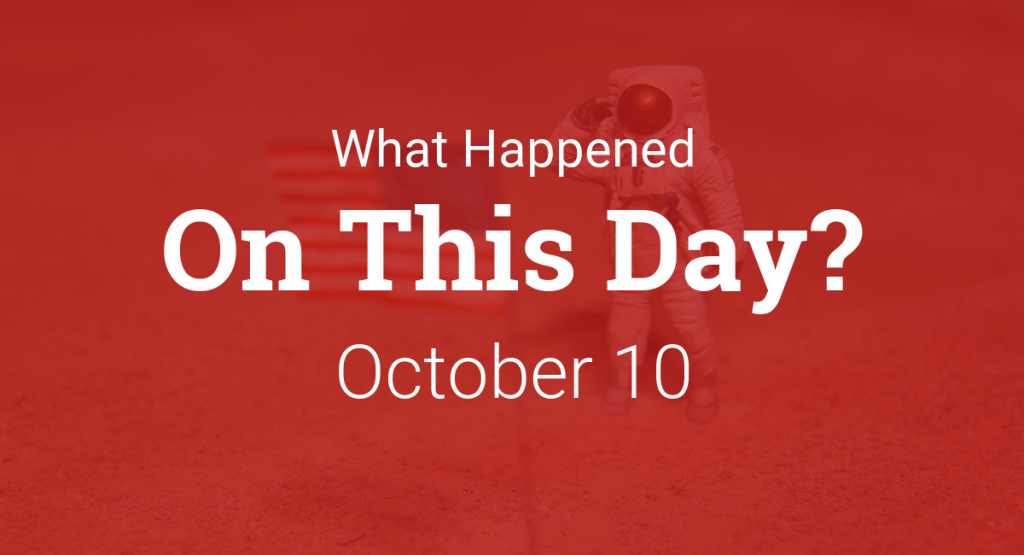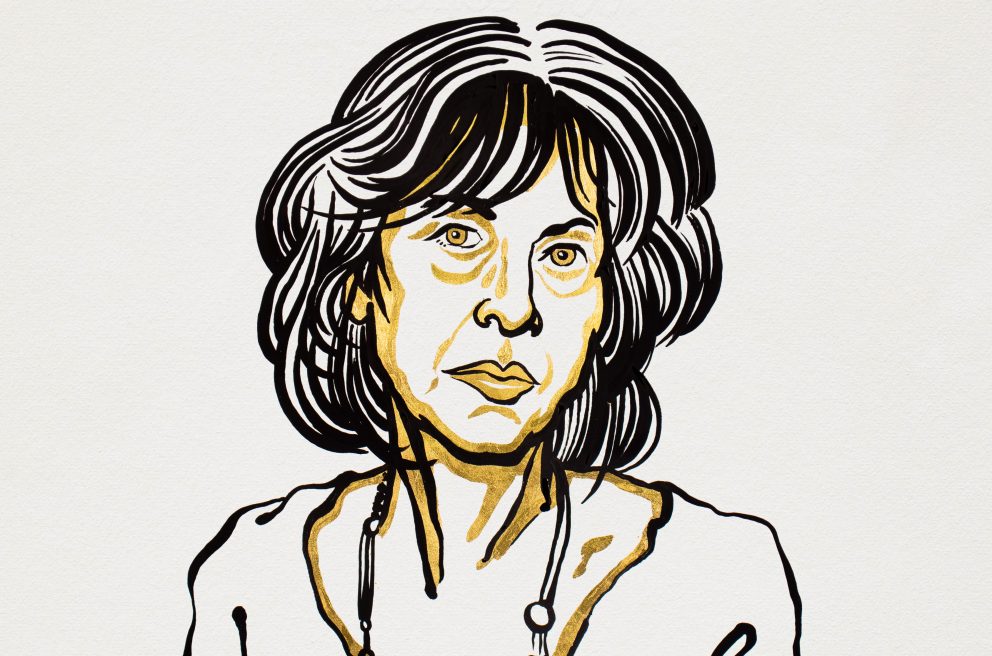
Kerala Public Service Commission has published the exam calendar of December 2020. It has been scheduled 7 exams in the month of December 2020. The exams will be conducted for the posts of Cath Lab Technician, Optometrist Grade 2, Instructor Grade 1, Assistant Professor in Psychology, Lecturer Grade 1- Rural Engineering, Assistant Professor Geography and Assistant Professor Zoology. Eligible and interested candidates can apply for the post through Kerala PSC online Page.
Lecturer Grade 1 – Rural Engineering
The Lecturer Grade 1 is a direct recruitment which comes under the Rural Development Department. The exam is planned to be conducted on 04th December 2020, more details like time and venue will be given on the admit card. The maximum marks of the exam is 100, duration will be 1 Hour and 15 minutes. The medium of questions will be English.
Syllabus of Lecturer Grade 1
Part 1 (a) – Technical Mathematics
Matrices
Determinants
Binomial Series
Trigonometric functions
Coordinate geometry
Differentiation
Integration of functions
Applications of integration
Part 1 (b) – Basic Civil Engineering
Materials
Construction
Surveying
Leveling
Part 1 (c) – Basic Mechanical Engineering
The importance of IC engines
The importance of Power Plants
Part 1 (d) – Basic Electrical Engineering
Idea of Basic Electrical Circuits
Circuit parameters
Electrical circuit of an installation
Part 1 (e) – Essentials of Electronics Engineering
Active and passive devices – review only. LED – working, applications, comparison of LED lighting and CFL lighting. Full wave rectifier – diagram and explanation, 5 V power supply – with bridge rectifier and 7805. SMPS – block diagram and advantages. Integrated circuits. SMDs – advantages. Static electricity – precautions in handling electronic circuits.
Switches: ON / OFF, push to ON, push to OFF, push to ON / OFF, SPST, SPDT, DPDT.
Working and application of limit switches, proximity switches, relays.
Micro controllers: Simple block diagram of 8 bit micro controllers – application.
Mobile technology: CDMA and GSM. Compare – 2G and 3G technologies.
Inverter & UPS: Block diagram. Compare – inverter and UPS. Online and off line UPS – differentiate. Battery selection for UPS and inverter.
E-waste: Health hazards of e-waste.
Part 2 – Civil Engineering
Construction Engineering
Surveying and Quantity Surveying
Irrigation Fluid Mechanics and Environmental Engineering
Transportation and Geotechnical Engineering
Analysis and Design of Structures
Syllabus of Instructor Grade 1 Electrical Engineering
The exam will be conducted on 02nd December 2020. The exam pattern will be objective in type in English language. The maximum marks of the exam will be 100.
Part I (a) – Technical Mathematics
Matrices – Identification of Matrices, matrix operations, adjoint and inverse.
Determinants – Evaluation of second and third order, minors and cofactors, solutions of simultaneous linear equation in three unknown using Cramer’s rule.
Binomial Series – Expansions using Binomial theorem.
Trigonometric functions – Signs of functions in each quadrant. Trigonometric values of angles, properties of trigonometric functions, applications of the
identities sin (A ± B), cos (A ± B) and tan (A ± B).
Coordinate geometry – Equations to a straight line – slope-intercept form, intercept form, Angle between two lines, condition for two lines to be perpendicular, parallel.
Differentiation – Limits and continuity, derivatives of functions, equation to tangents and normals. Maxima and minima of functions of one variable.
Integration of functions – Integration of different types of functions.
Applications of integration – Area bounded by a curve and X or Y axis,
solutions of differential equations using the method of variable separable, solutions of linear differential equations of first order.
Part I (b) – Basic Civil Engineering
Materials: Brick – varieties and strength, characteristics of good brick.
Cement– varieties and grade of cement and its uses. Steel – types of steel for reinforcement
bars, steel structural sections.
Aggregates– types & requirements of good aggregates.
Concrete – grades of concrete as per IS code, water cement ratio. Workability, mixing, batching, compaction and curing.
Construction: Parts of building – foundation – types of foundations – spread footing, isolated footing, combined footing, Raft, pile and well foundations. Masonry – types rubble masonry, brick masonry, English bond and Flemish bond. (One brick wall).
Surveying: Chain surveying – principles, instruments, ranging, and chaining survey lines, field work and field book, selection of survey stations, units of land area.
Levelling: Levelling instruments, different types, bench mark, reduced level of points, booking of field notes, reduction of levels by height of collimation method
(simple problem). Modern survey – instruments – Total station, Electronics theodolite, Distomat.
Part I (c) – Basic Mechanical Engineering
The importance of IC Engines: Definition, classification – two stroke engines, four stroke engines, working of two stroke engines and four stroke engines with the help of line sketches, comparison between two stroke and four stroke engines, comparison between petrol and diesel engines, function of fly wheel, clutch, gearbox, propeller shaft and differential in power transmission, explain with sketch the working of differential, briefly explain power transmission of 4 wheel vehicle with line diagram.
The importance of Power Plants: Introduction, classification of power plants
– working of hydroelectric power plant with schematic sketches – working of thermal
(Steam and Diesel) power plant with schematic sketches – working of nuclear power
plant with schematic sketches.
Part I (d) – Basic Electrical Engineering
Review with discussion of electric current, potential difference, power, EMF, resistance and its laws, Ohms law and series parallel circuit, electromagnetism, generation of AC and DC supply.
Idea of Basic electrical circuit: Electrical supply and load and its functioning, division of voltage and current in a parallel and series circuit – simple problems, units of power and energy, solution of DC circuit with calculation of energy consumption in an installation.
Circuit parameters: Resistance, Capacitance and inductance. AC circuit with R, L, C. Simple solution of typical AC circuit with resistance, impedance, power and
power factor.
Electrical circuit of an installation: Earthing, lightning protection.
Part I (e) – Essentials of Electronics Engineering
Active and passive devices – review only. LED – working, applications, comparison
of LED lighting and CFL lighting. Full wave rectifier – diagram and explanation, 5 V power supply – with bridge rectifier and 7805. SMPS – block diagram and
advantages. Integrated circuits. SMDs – advantages. Static electricity – precautions in
handling electronic circuits.
Switches: ON / OFF, push to ON, push to OFF, push to ON / OFF, SPST, SPDT, DPDT. Working and application of limit switches, proximity switches, relays.
Microcontrollers: Simple block diagram of 8 bit microcontrollers – application.
Mobile technology: CDMA and GSM. Compare – 2G and 3G technologies.
Inverter & UPS: Block diagram. Compare – inverter and UPS. Online and off line UPS – differentiate. Battery selection for UPS and inverter.
E-waste: Health hazards of e-waste.
Part II – Electrical Engineering
Power Electronics and Microcontroller: UJT, FET, Diac, Triac, SCR – principle, construction, operation, characteristic, Electric Drives – DC, single phase, semi converter, single full converter single phase duel converter.
Speed control of 3 phase induction, stator control, voltage and frequency.
Microcontroller – 8051 microcontrollers – features, block diagram, architecture, register structure, special function registers, internal and external memory, pin details, ports, counters and timers in 8052. Serial I/Os, associated registers, interrupts.
PLC – applications, importance, block diagram, operation types of PLCs, programming – methods – ladder diagram.
Cath Lab Technician Syllabus
The examination will be conducted on 01st December 2020. The mode of examination will be Online in English language. The total marks and duration of the exam are 100 and 1 hour 15 minutes, respectively.











